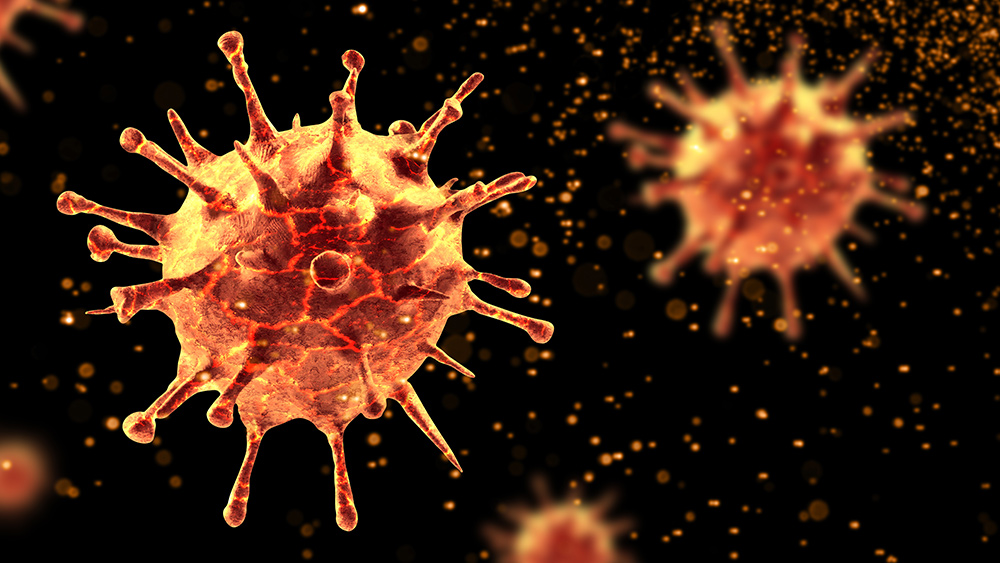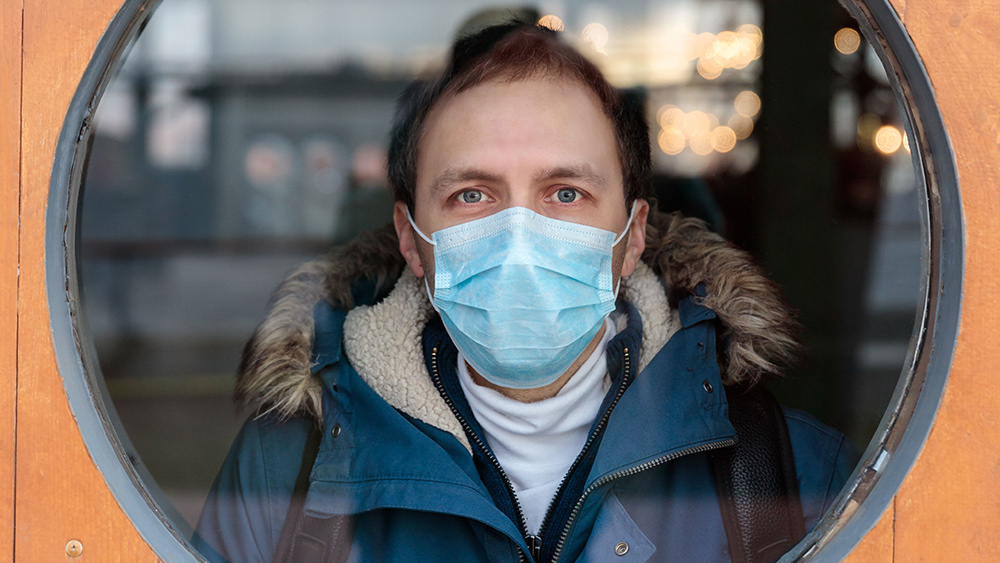After enforcing the world’s most severe lockdown, is India ready to come out of it?
06/02/2020 / By Ralph Flores

India now has 173,763 confirmed coronavirus cases and 4,980 deaths, according to data from Johns Hopkins University. Its number of new cases continues to rise every day, which makes it a cause for concern for many public health experts.
It’s also planning to emerge from lockdown pretty soon – a move experts fear will come at the worst possible time.
Slowing, but not flattening
Medical experts are worried that India’s national lockdown, which started over two months ago, is ending too soon. According to public health experts, the country may be looking at a total caseload upward of a million within several weeks if the government does not find a way to head off infections.
“From a public health point of view, I do think the lockdown has brought the disease under control … but as restrictions have lifted in the last week or 10 days, the number of cases has started to rise quickly.” Dr. Ashish Jha, director of the Harvard Global Health Institute, told the New York Times.
In late March, Prime Minister Narendra Modi enforced a nationwide lockdown in an effort to contain the coronavirus; this required people to stay inside, halted transportation and shuttered most businesses.
With the lockdown in place, India’s economy ground to a halt, with day laborers and piecemeal workers hit hardest. In response, officials eased some restrictions before May 31, when the cordon sanitaire was set to be lifted.
Making space in the world’s densest cities
There’s also the challenge of locking down people living in packed cities. People of the 1.3 billion-strong country live in cities that are among the world’s densest. Millions live in packed slums, with some housing up to eight people in one room. (Related: Waves of migrant workers returning to their home villages in India trigger concerns over second wave of small, localized outbreaks.)
In fact, nearly half of the country’s caseload is concentrated in its four main cities – New Delhi, Mumbai, Chennai and Ahmedabad.
“Social distancing is inherently very difficult in India,” Dr. Jha said. “I don’t know if India could realistically get to 26 days, or 50 days.”
In addition, testing for COVID-19 in the country is severely limited, making it difficult for public health researchers to determine the actual extent of the outbreak. Based on data from the Indian Council for Medical Research, the country has conducted over 3.3 million tests to date. In comparison, the Centers for Disease Control and Prevention (CDC) reports that the U.S. has done a total of 15,766,114 tests. Critics say the while the U.S. and India are lagging when it comes to testing, the latter is falling behind, administering only two tests for every 1,000 people – the lowest among the world’s hardest-hit countries.
Despite having a relatively low number of total cases per million – India has 126 per million, while Spain has over 6,000, public health experts are saying that it’s not a sign that India has escaped the worst. According to Dr. G.C. Khilnani, the country has to yet to pass its infection peak, which he estimates will happen around the end of July.
“Nobody can predict to what extent the numbers will go up,” he added.
With the lockdowns set to expire, experts are worried that states previously spared from the coronavirus will have to deal with imported cases from hotspots, especially with cross-country transportation and industry resuming.
Despite the odds stacked against them, many Indians are ready to risk it.
According to Mujtaba Rizvi, an artist living in Chennai, he was surprised by what he saw when he went for a walk last weekend: People pouring into crowded shops without wearing masks or observing social distancing, and roads packed with cars.
“Freedom comes at a price, and people seem to be ready to pay,” he told the New York Times. “Even if more people die now, it would be difficult to send us back into isolation.”
Pandemic.news has more on the ongoing Wuhan coronavirus outbreak.
Sources include:
Tagged Under: businesses, China, Collapse, coronavirus, covid-19, economy, financial crisis, Flu, government, India, infections, lockdown, market crash, Narendra Modi, outbreak, pandemic, quarantine, reopening, superbugs, virus

















